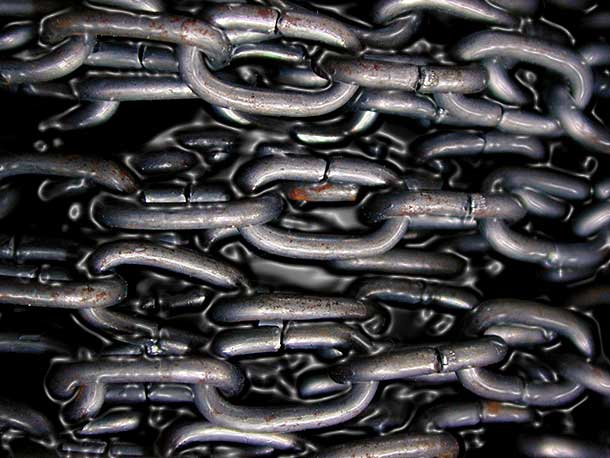In the early days of Google (early 2000’s), links were considered a powerful ranking factor. And, you know what, they still are. In those same early days, search properties such as Yahoo, AltaVista, Excite, etc. placed a heavier value on the on-page elements, such as keywords, keyword density and keywords meta tags than they did on links.
Google, however, considered a link to be a vote of confidence from an interested stranger attesting to the quality of the linked to website. And while many elements of search have changed over the years, this one has remained constant.
Stone Temple has just released its study of 6,000 queries conducted in May 2016, August 2016 and May 2017 which validate this “links are still important” assertion.
According to the pilots at Stone Temple, “Those who say that links are on the decline as a ranking factor often point to the efforts by spammers to use illegitimate practices to acquire links and earn rankings that their sites don’t deserve. This certainly was a huge problem for Google in the 2002 to 2013 time range. However, the tide in this battle started to turn in 2012 …
“… With the release of Penguin 4.0, Google’s confidence in their approach to links had become so high that the Penguin algorithm was no longer punishing sites for obtaining bad links. As of Penguin 4.0, the algorithm simply identifies those links and ignores them (causes them to have no ranking value).
“This shift from penalizing sites with bad links to simply discounting those links reflects Google’s confidence that Penguin is finding a very large percentage of the bad links that it’s designed to find.”
So, there you have it, links are still good. Now, go out there are figure out how to get quality ones for your own website.
 Our company was established
in 2004.
Our company was established
in 2004.
